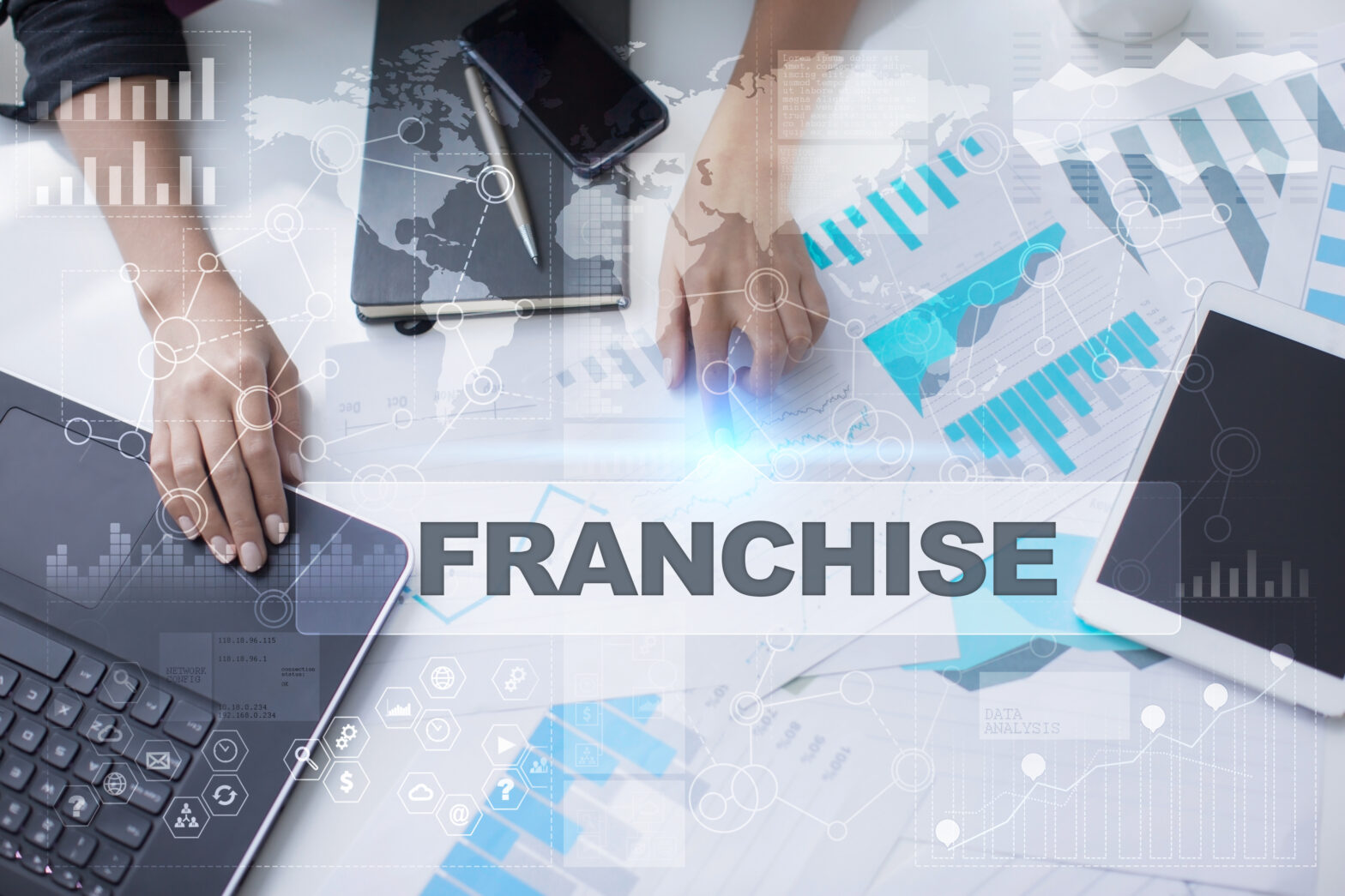Franchises come in all shapes and sizes. From a part-time cleaning franchise based from home to running a multi-unit McDonald’s franchise, and everything in between. There are franchise opportunities available to suit all interests and wallet sizes, but before you commit, you should consider the pros and cons of franchising, whatever the size of your investment.
Advantages
When you buy a franchise your business immediately benefits from brand recognition. Obviously, the size of this recognition varies depending on the brand, but if you’re investing in a global franchise such as KFC or Costa, the brand awareness is unquestionable. You’ll have access to a ready-made customer base who know what to expect from the brand and crave the consistency that a successful franchise provides, for both products and service. The business model of the franchise is well established, proven and lucrative. Although these factors don’t guarantee that your franchise will be profitable, when you’re investing in a world-famous franchise, there’s a pretty good chance you’ll prosper.
To help you on this path to profitability, the quality of coaching and support you’ll receive will be first class. The training package that is provided by large franchises tend to be very comprehensive with all the information you need to run your business, from a technical and management perspective. You’ll also benefit from the multi-million-pound marketing campaigns that big brands run nationwide, even worldwide, to compliment any local promotional activity you choose to run.
Disadvantages
Just because you have the necessary capital, it’s not always easy to buy a high-investment franchise. Bigger franchise brands tend to recruit franchisees who run several other units within their franchise, or even own and operate franchises under a different brand. This is because the franchisor can take comfort in the fact that the franchisee has experience of running high-pressured, high-turnover units.
Existing franchisees also appreciate the strict accountabilities and obligations that are expected of them, as well as the restrictive rules which they must adhere to. They have shown that they can follow the terms of the franchise agreement which is essential for consistency of the brand, products and service provided. And these requirements that franchisors insist upon can be even more demanding the bigger the brand. If you have an entrepreneurial spirit and enjoy being innovative, then franchising may not be for you. Franchises thrive on conformity and consistency from franchisees, rather than creativity.
What franchise will be best for you?
When you’re considering buying a franchise opportunity, you’ve got to take several factors into account. Like, what is the size of the initial investment? Are you comfortable with the level of risk involved? How much of your capital are you prepared to have tied up in the franchise while it’s becoming established? When you reflect on your financial situation, as well as how much time and effort you can dedicate to the opportunity, you’ll be able to narrow down the countless number of franchises that are available to you as an investor.
But what if money is no object?
If you have over £250,000 of funds available to invest, you may wish to consider brands where you can open multi-unit franchises from the outset. High investment franchises include brands from many different industries. Investing in one of these brands is appealing to entrepreneurs who are looking to expand their current business portfolio or for franchisees who already run several units who wish to progress into a new industry altogether.
To find out more about high investment franchise opportunities, check out the Point Franchise website. Point Franchise is an authoritative, online relationship-manager, designed to bridge the gap between franchisors and potential franchisees. However, it offers much more than a simple recruitment portal: Point Franchise gives franchisees the chance to analyse potential opportunities, before they invest. All the franchises listed on Point Franchise are actively recruiting franchisees, so there’s no time-wasting to worry about. In addition, the directory presents opportunities by sector, investment size and region, allowing potential franchisees to find the franchise that is best suited to their needs.
What is the rate of return on investment?
When you buy a franchise, you’re effectively making two types of investment. The initial capital you invest, known as the franchise fee, is fixed, and the returns you will earn on your invested capital are reasonable by investment standards. The second type of investment you make is in terms of your time and talent. This is where a proven franchise system can use your enthusiasm, skills and ambition to increase your returns dramatically.
A franchisor relies on its franchisees being successful, so they invest heavily in providing extensive training and support. In return, the franchisee drives the income from the business to levels that are not available from an investment of purely money alone. If you research an opportunity comprehensively and commit to that chosen franchise model, you can generate impressive returns on your investment.
See also: Expansion through franchising






